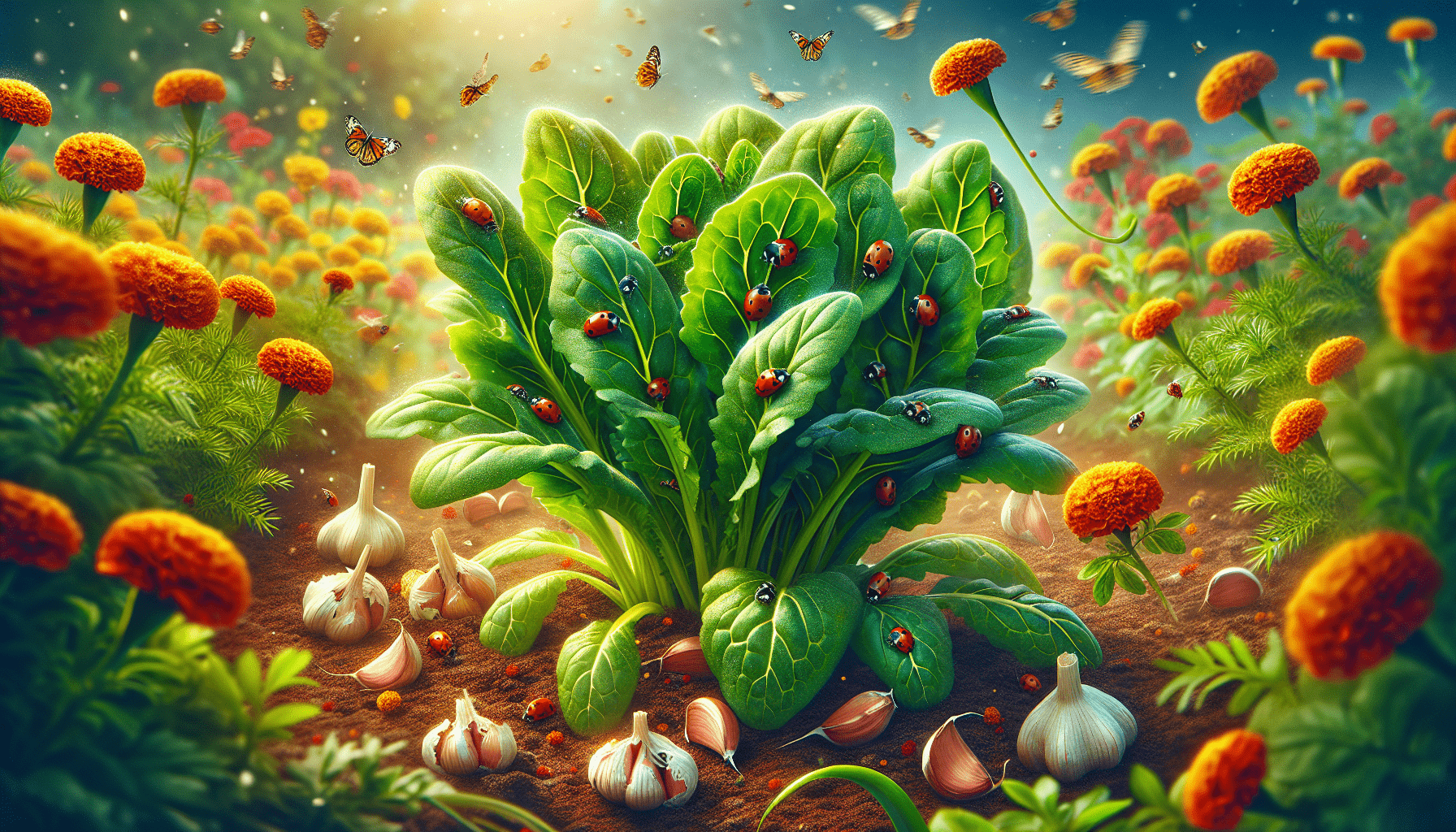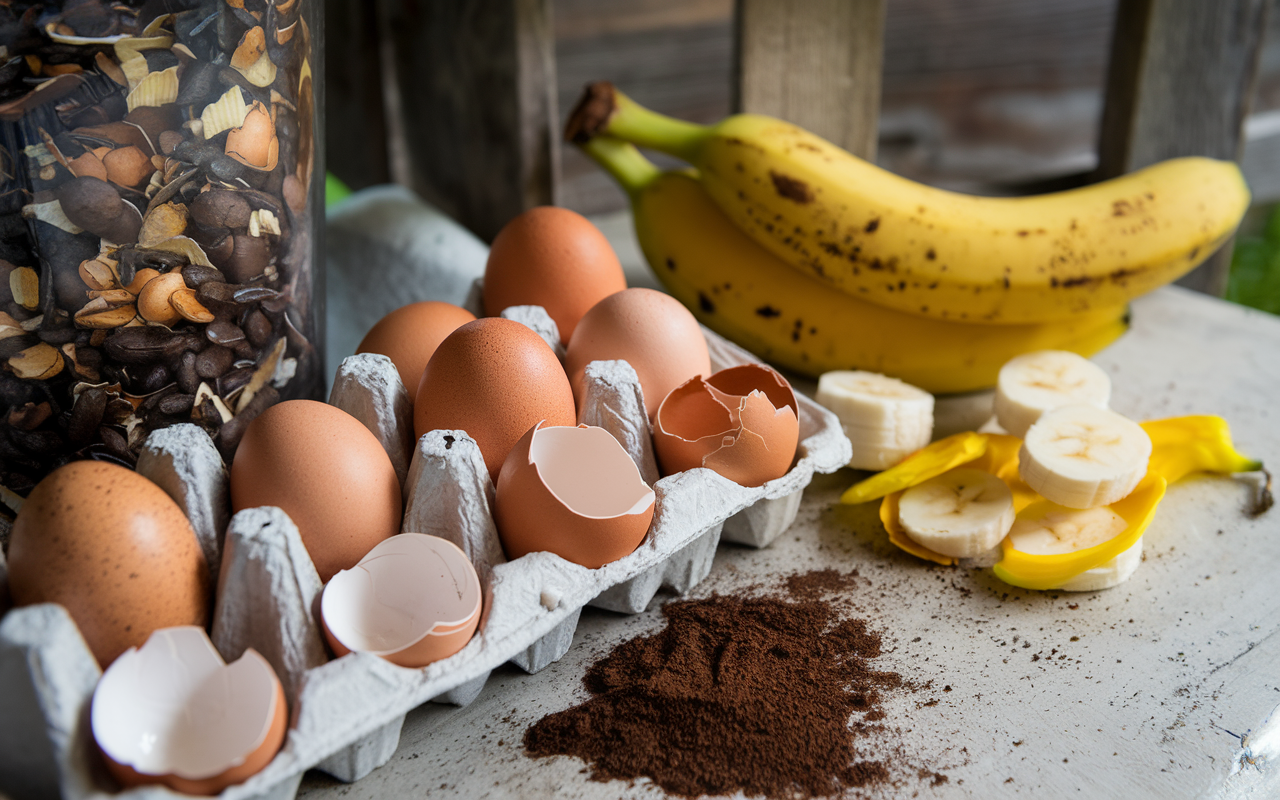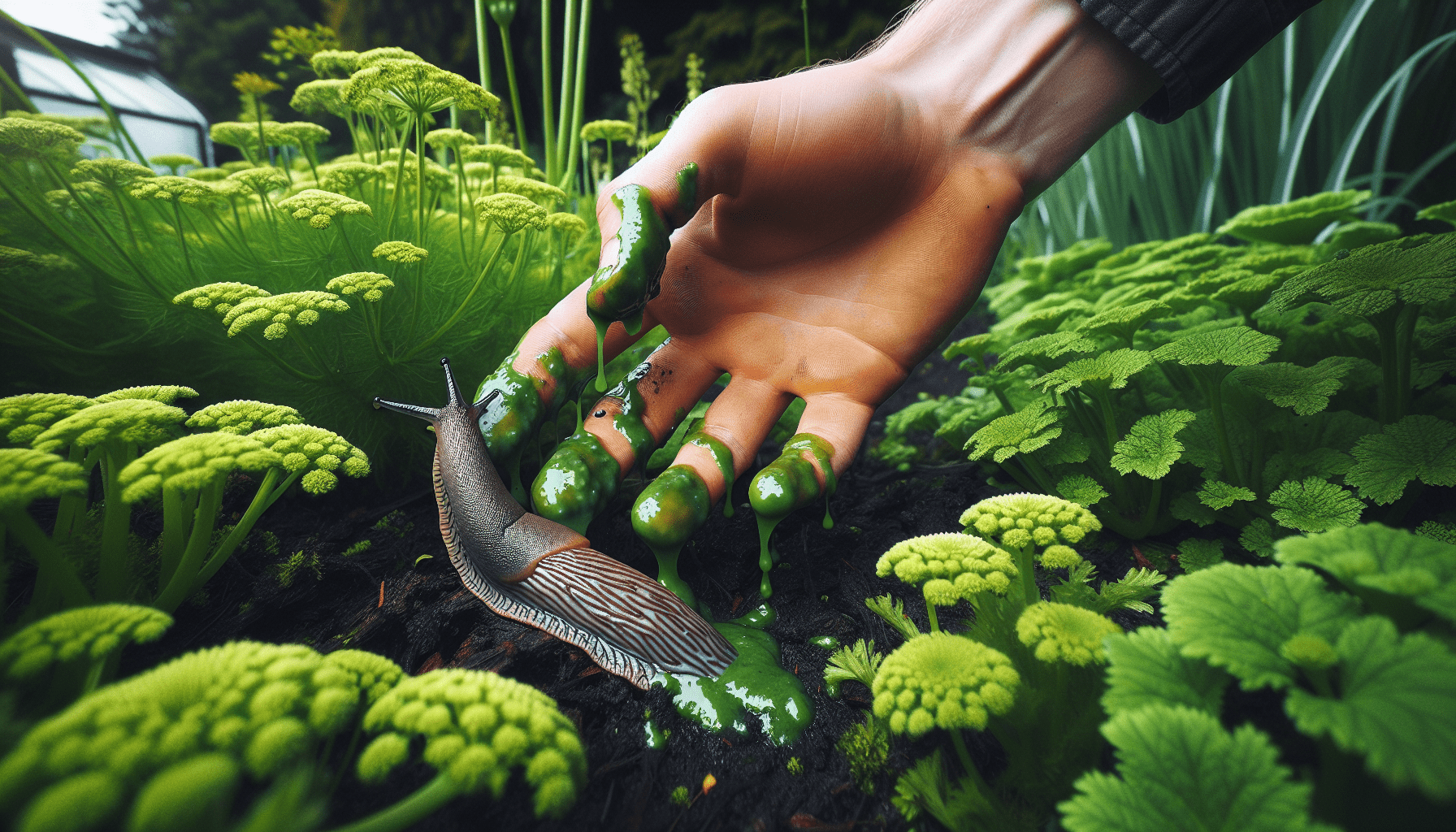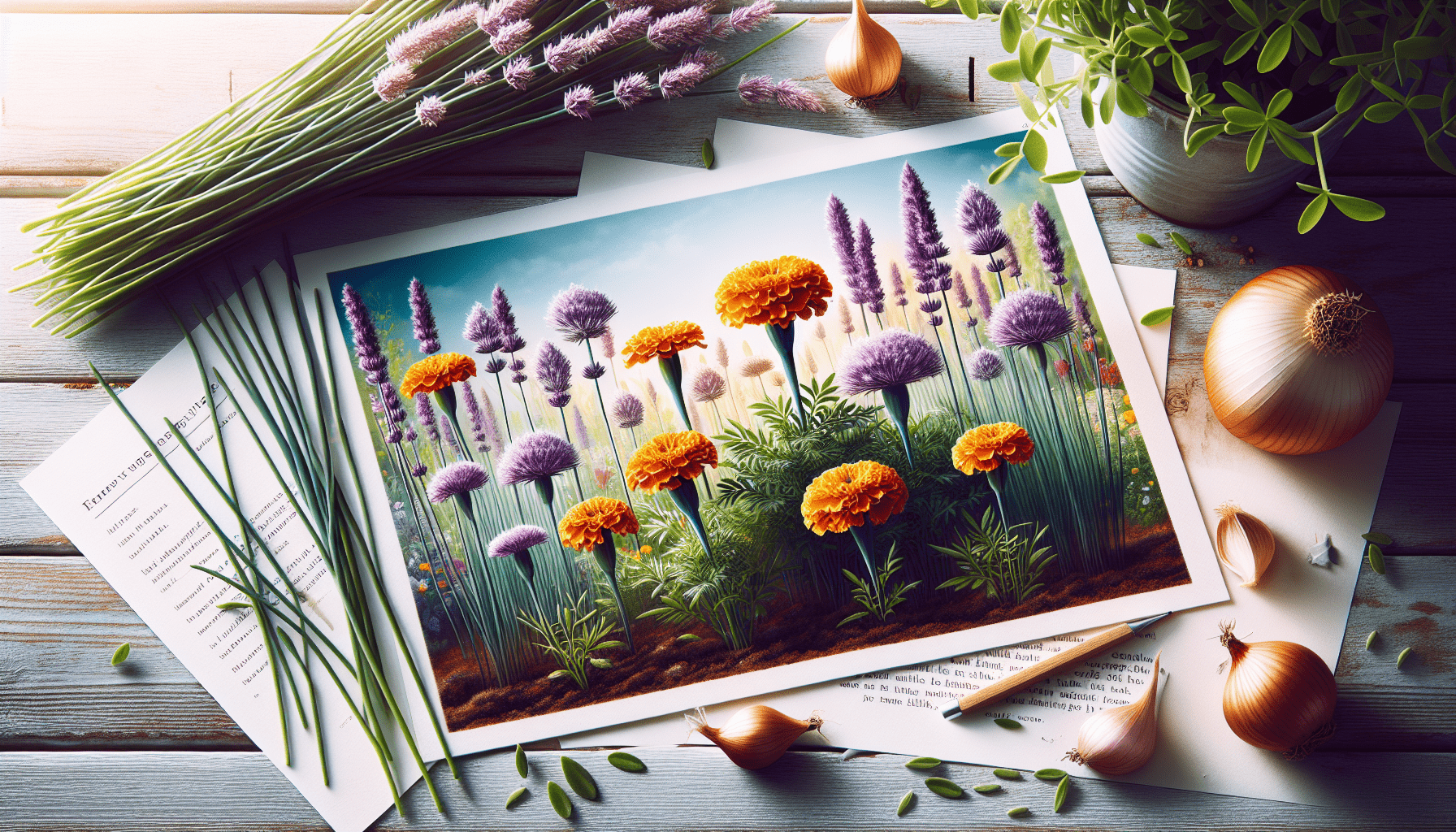10 Natural Ways To Keep Pests Out Of Your Garden
10 Natural Ways To Keep Pests Out Of Your Garden
Introduction
Are you tired of battling pests in your garden? Look no further! We have compiled a list of 10 natural ways to keep pests out of your garden without the use of harmful chemicals. These methods are safe for your plants, pets, and the environment, so you can enjoy a thriving garden all season long.
1. Planting Pest-Repellent Plants
One of the most effective ways to keep pests out of your garden is by planting pest-repellent plants. Some plants naturally repel pests due to their strong scent or taste. For example, marigolds, lavender, and mint are known to deter pests such as aphids, beetles, and mosquitoes. Consider companion planting these pest-repellent plants around your garden to create a natural barrier against pests.
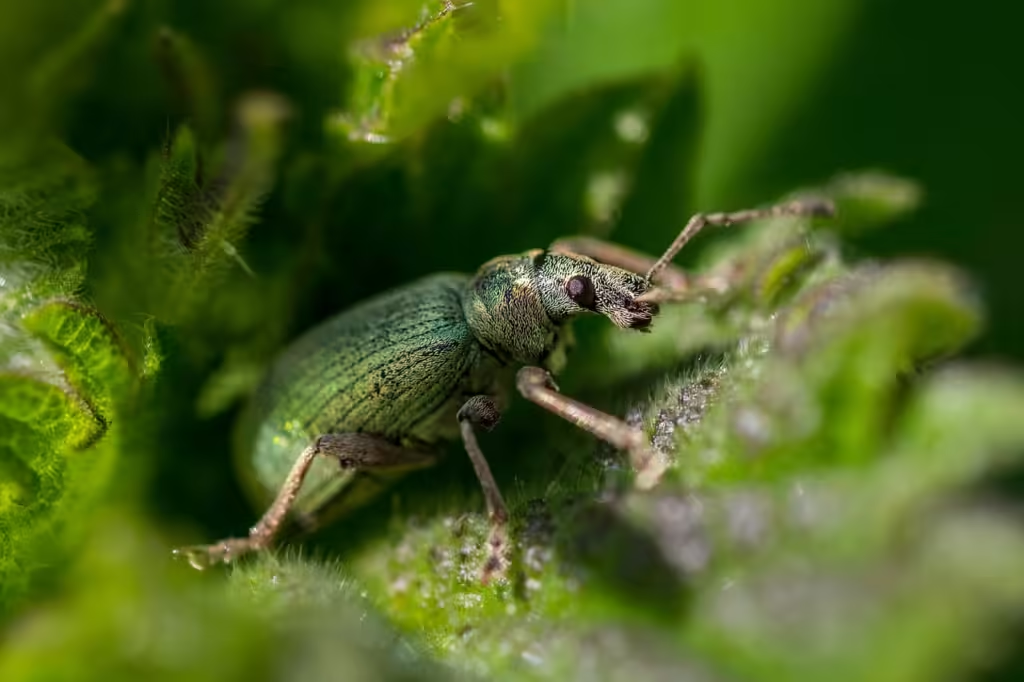
2. Attracting Beneficial Insects
Another natural way to keep pests out of your garden is by attracting beneficial insects. Beneficial insects, such as ladybugs, lacewings, and praying mantises, feed on harmful pests that can damage your plants. You can attract these beneficial insects to your garden by planting nectar-rich flowers, such as sunflowers and cosmos, or installing insect hotels to provide shelter for them.
3. Using Homemade Pest Sprays
Homemade pest sprays are a safe and natural way to keep pests out of your garden. You can easily make your own pest spray using ingredients like neem oil, garlic, peppermint oil, and dish soap. Simply mix the ingredients with water and spray the solution on your plants to deter pests. Homemade pest sprays are non-toxic and gentle on your plants, making them an eco-friendly alternative to chemical pesticides.

4. Implementing Crop Rotation
Crop rotation is a natural gardening technique that can help keep pests out of your garden. By rotating your crops each season, you can disrupt the life cycle of pests that may be feeding on your plants. For example, if you plant tomatoes in the same spot year after year, pests like root-knot nematodes can build up in the soil. By rotating your crops and planting tomatoes in a different location each year, you can reduce pest populations and promote plant health.
5. Introducing Physical Barriers
Physical barriers are a practical way to keep pests out of your garden without the use of harmful chemicals. You can protect your plants from pests by installing floating row covers, chicken wire fences, or copper tape around your garden. These barriers create a physical barrier that prevents pests from reaching your plants, allowing them to grow undisturbed. Physical barriers are a simple and effective way to protect your garden from pests.
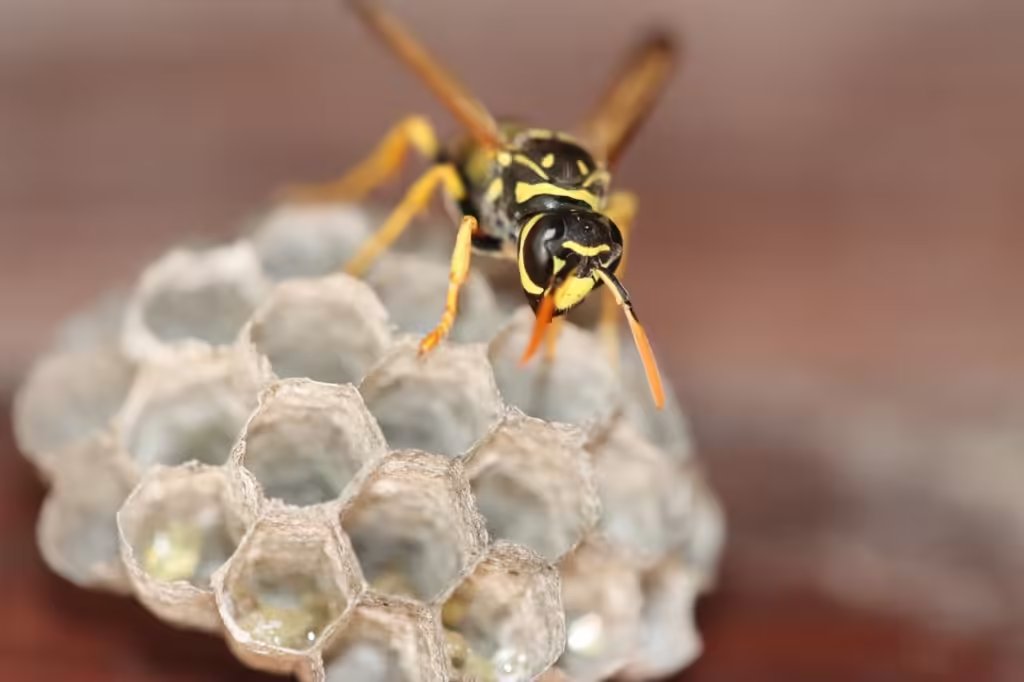
6. Applying Diatomaceous Earth
Diatomaceous earth is a natural substance that can help keep pests out of your garden. This powdery substance is made from fossilized algae and is a safe and non-toxic way to control pests. Diatomaceous earth works by dehydrating insects and other pests, causing them to die. You can sprinkle diatomaceous earth around your garden to create a barrier that pests will avoid. Be sure to reapply the diatomaceous earth after rain or watering to maintain its effectiveness.
7. Using Beneficial Nematodes
Beneficial nematodes are microscopic roundworms that can help keep pests out of your garden. These beneficial nematodes feed on harmful pests like grubs, weevils, and fleas, reducing their populations in your soil. You can introduce beneficial nematodes to your garden by watering them into the soil using a hose-end sprayer. Beneficial nematodes are a natural and effective way to control pests in your garden without harming beneficial insects.
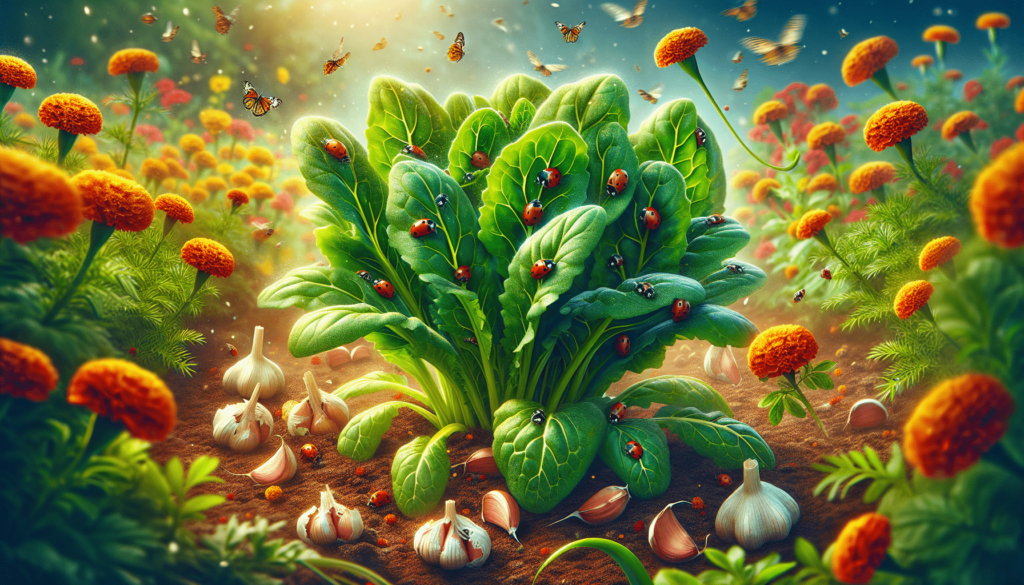
8. Creating Trap Crops
Trap crops are plants that are specifically grown to attract pests away from your main crops. By planting trap crops like nasturtiums, dill, or mustard, you can lure pests like aphids, caterpillars, and beetles away from your vegetables or flowers. Trap crops can be sacrificial plants that you don’t mind losing to pests, as they serve as a distraction that protects your main crops from being damaged. Consider planting trap crops in strategic locations around your garden to keep pests at bay.
9. Utilizing Companion Planting
Companion planting is a natural gardening technique that involves planting certain plants together to benefit each other. Some plants have natural abilities to repel pests, while others attract beneficial insects that feed on harmful pests. By planting compatible companion plants together, you can create a harmonious ecosystem that discourages pests from infesting your garden. For example, planting onions next to carrots can deter carrot flies, while planting marigolds next to tomatoes can repel nematodes.
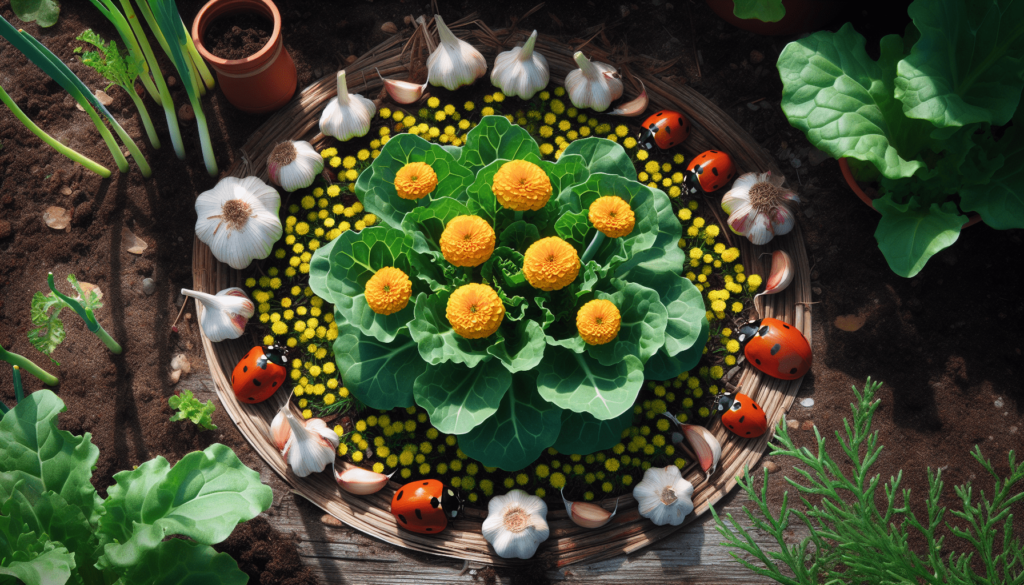
10. Practicing Good Garden Hygiene
Good garden hygiene is essential for keeping pests out of your garden. By maintaining a clean and tidy garden, you can reduce the risk of pest infestations and disease outbreaks. Avoid leaving debris or fallen leaves on the ground, as they can harbor pests and provide hiding spots for them. Regularly inspect your plants for signs of pests or disease, and promptly remove any affected leaves or branches to prevent further spread. By practicing good garden hygiene, you can create a healthy and pest-free environment for your plants to thrive.
Conclusion
By implementing these 10 natural ways to keep pests out of your garden, you can enjoy a bountiful harvest without the use of harmful chemicals. From planting pest-repellent plants to using homemade pest sprays, there are plenty of eco-friendly options available to protect your garden from pests. With a little planning and care, you can create a sustainable and pest-resistant garden that will flourish for years to come.
